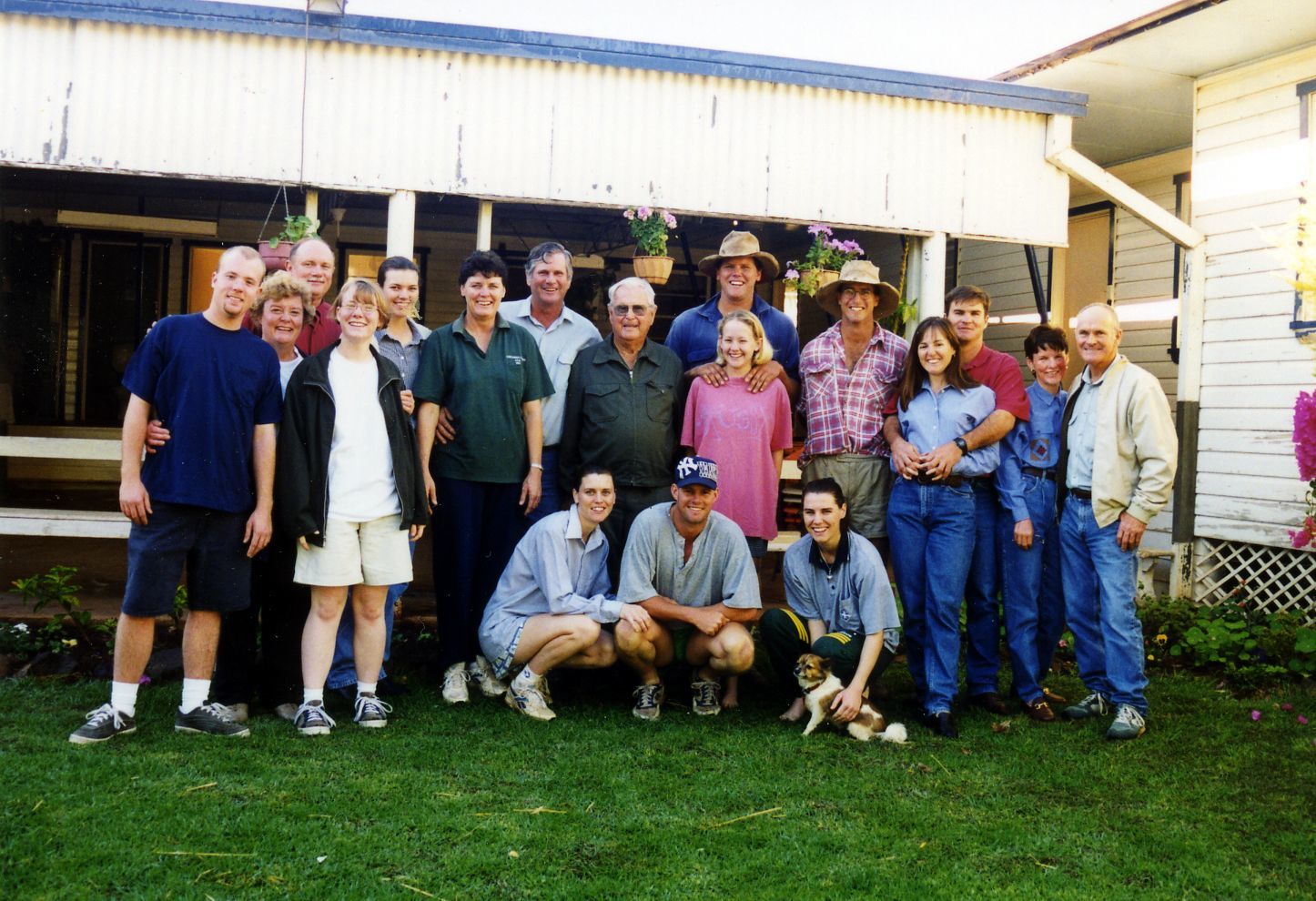Mission-Vision-Guiding Principles
Guiding Principle #10
We believe stakeholder involvement is critical to the development and growth of the program and organization.
Stakeholder theory defines anyone who is affected by the organization or its workings in any way including: employees, customers, suppliers, local communities, environmental groups, and governmental groups. In doing right by all these stakeholders, the organization will achieve true, lasting success.
The IFYE Stakeholder
Through IFYE, stakeholders begin by having contact with those who have a love and belief in the program. They reach back through the IFYE participant to:
- their family,
- their club or sponsoring organization,
- the community that helped fund their participation, as well as
- to all those who helped prepare the participant for the IFYE experience in a different part of the world.
When a young person becomes an IFYE exchangee, the stakeholder impact begins to be felt around the world as an ever-expanding circle of people become interconnected. Sometimes, the results are active and can be seen spreading throughout a community; sometimes, the impact is recognized as a feeling of close connection with someone from a “different” place in the world. This simply makes the effect world-wide.
The Stakeholder circle greatly enlarges during the time of an individual’s IFYE program and with every person he or she interacts during with this time. This interaction includes host families, friends and associates of the host families, local organizations visited in the host country, schools, clubs, businesses, etc.
Upon returning home, the stakeholder involvement has the chance to continue to expand as the IFYE exchangee reaches out and shares their experiences with individuals and groups at home and work to make the IFYE exchange program possible for more participants.
The IFYE organization carries the responsibility to nurture and help this global web of IFYE stakeholders to thrive and grow. This ongoing and sustaining growth can happen with continued local outreach by IFYE alumni and host families through engagement within their home communities.
For IFYE, this cycle of cross-cultural exchanges should be a never-ending and constantly growing circle of stakeholders who believe in “Peace Through Understanding.”
Barbara Spangler (Virginia to United Kingdom 1971)
Ginny Warner (Pennsylvania to New Zealand 1971)
The IFYE experience of living and working with people overseas was the first opportunity that most of us had to see ourselves as others see us. We realized that there were other ways of doing things. When we returned, we had a better appreciation for other people and their ideas. Although it may be hard to measure, it prepared us to better manage the rest of our lives.
- IFYE introduced me to my wife (who is also an IFYE) and gave our children an immediate appreciation of other cultures.
- Both of our kids had international experience in international exchanges before they finished high school.
- Due to our export business, the family came to know of our international customers of whom many have become close friends for life.
Eff Embree (Virginia to Australia 1969)
Anita (Syltie) Embree (Minnesota to Thailand 1968)
In 1998, Anita, our son Edward, our daughter Annalea, and I went back to Australia for the first time since my 1969 exchange. We landed in New South Wales (NSW) and saw an IFYE friend and his wife that my parents hosted. Most of our two weeks in '98 was spent in Queensland, my first host state, visiting my host families.
Pictured below are the Cooks of "Coovin," out of Clermont. Life had changed from 1969 to 1998: the roads were paved, they had electricity, the drought was gone, and they even had Internet. Television had even made changes to language. In 1998, the only thing that had not changed were the people that were just as wonderful as when we met the first time. The father was visiting one of his other sons in the Northern Territory (NT) and he traveled about five hundred miles just to see us.

Far Left - Edward, Anita, Eff, Annalea Embree


